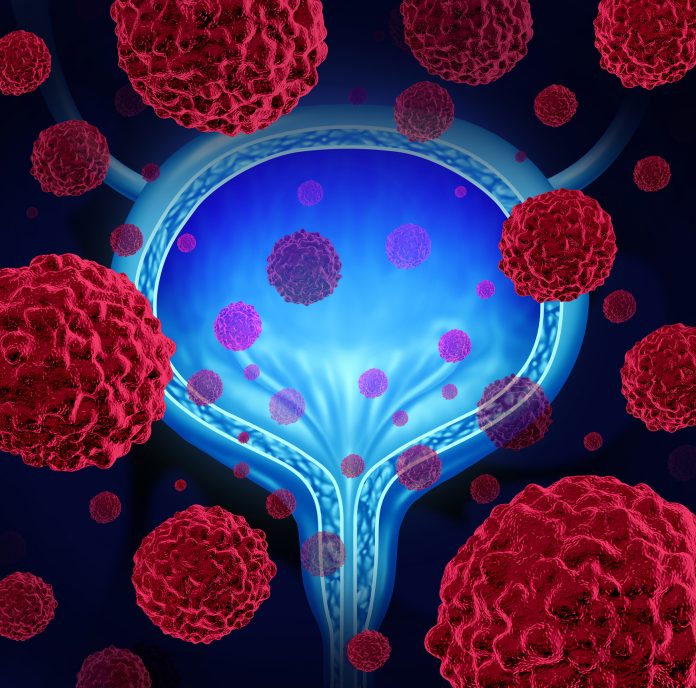
Pregnancy leads to a rewiring of the brain in preparation for motherhood.
A new study has found that pregnancy leads to a permanent rewiring of neurons in the brain, which may help to explain the dramatic changes in behaviour and emotions that many women experience during and after pregnancy.
Researchers at the Francis Crick Institute have shown that pregnancy hormones ‘rewire’ the brain to prepare mice for motherhood. Their findings, published in journal Science, show that both oestrogen and progesterone act on a small population of neurons in the brain to switch on parental behaviour even before offspring arrive. These adaptations resulted in stronger and more selective responses to pups.
As per a news release, it is well known that while virgin female rodents do not show much interaction with pups, mothers spend most of their time looking after them. It was thought that hormones released when giving birth were most crucial for this onset of maternal behaviour.
But earlier research also showed that rats who have given birth by Caesarean section and virgin mice exposed to pregnancy hormones still display this maternal behaviour, suggesting that hormone changes already during pregnancy may be more important.
In the current study, the researchers found that female mice indeed showed increased parental behaviour during late pregnancy and that exposure to pups wasn’t necessary for this change in behaviour. They found that a population of nerve cells (galanin-expressing neurons) in an area of the brain called the medial preoptic area (MPOA) in the hypothalamus, associated with parenting, was impacted by oestrogen and progesterone.
“We know that the female body changes during pregnancy to prepare for growing up young. One example is the production of milk, which starts long before giving birth. Our research shows that such preparations are taking place in the brain, too,” said Jonny Kohl, Group Leader of the State-Dependent Neural Processing Laboratory at the Crick.
“We think that these changes, often referred to as ‘baby brain’, cause a change in priority: virgin mice focus on mating, so don’t need to respond to other females’ pups, whereas mothers need to perform robust parental behaviour to ensure pup survival. What’s fascinating is that this switch doesn’t happen at birth; the brain is preparing much earlier for this big life change.”










